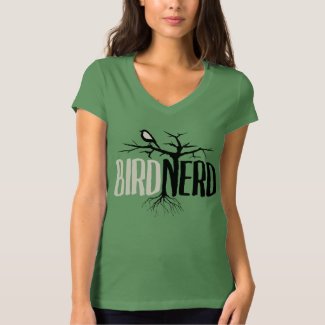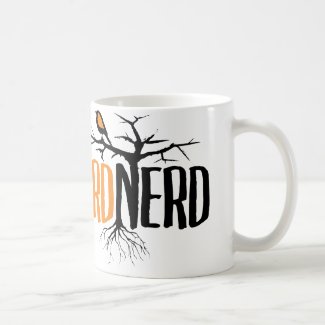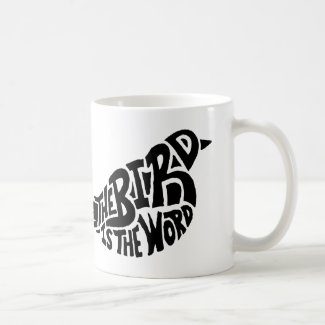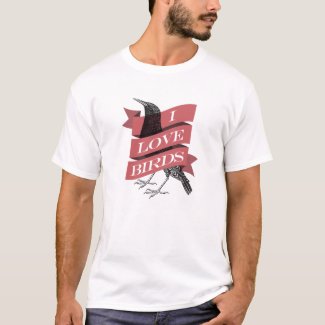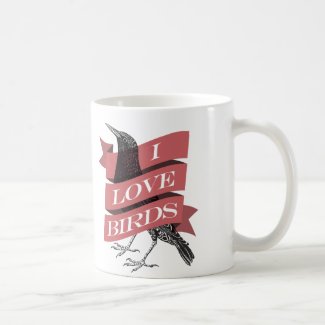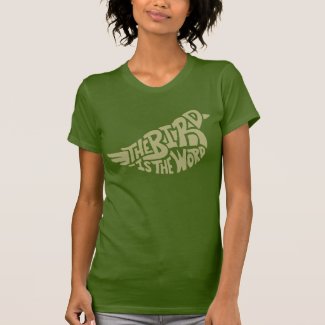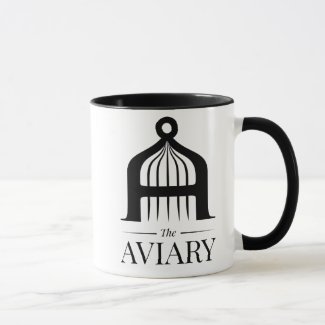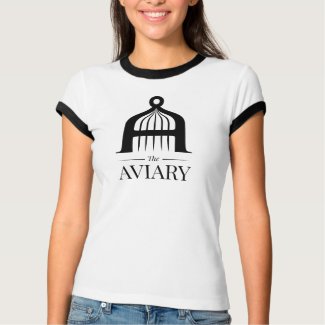Thursday, April 19, 2018
Sunday, April 15, 2018
Tuesday, April 10, 2018
Mary Oliver's birds in 'Blue Horses: Poems'
 |
| Great White Heron, plate 281 (Audubon) |
This weekend I picked up a copy of Mary Oliver's 2014 Blue Horses: Poems, a poetry collection rich in bird imagery. "The Black Snake" was the first poem I ever read by Mary Oliver and I've loved her work ever since that first encounter. Below is the opening poem in this collection.
AFTER READING LUCRETIUS, I GO TO THE POND
The slippery green frog
that went to his death
in the heron's pink throat
was my small brother,
and the heron with the white plumes
like a crown on his head
who is washing now his great sword-beak
in the shining pond
is my tall thin brother.
My heart dresses in black
and dances.
Tuesday, April 3, 2018
When the birds spoke Gaelic
From Lee Raye's Natural History blog:
THE COLLOQUY OF THE BIRDS
"The most famous example of speaking animals from Scotland is probably a piece of poetry written by Eoghan MacLachlainn (Ewen MacLachlan) called ‘Dàn mu Chonaltradh’ (English title: The Colloquy of the Birds). It was first published in 1798, but is set in the distant age of joy. The translation I give is from Forbes (1905) and is tentative and literary rather than exact.
When MacLachlainn wrote this poem (c.1795) he was still a young man, working as a tutor at Clunes in Lochaber, south-west Scotland, saving money and hoping to go to university (Mackenzie, 1841:321-3). Perhaps the intended theme is one of hope – the world was once a magical place. Harris-Logan (2007:111) has pointed out that Gaelic poetry which represents birds talking is often written for escapist reasons or out of an aspiration for otherness.
But the theme does not have to be decided by the subject matter. In this case the poetry is not solely influenced by the Gaelic tradition. Given the biblical quote at the end, perhaps we should interpret the poem after the fashion of a fable. In this case the moral would glorify the owl’s passive and quiet role – its better to be quiet and thoughtful than loud and brash."
Spring and Cuckoo Folklore
When it comes to the cuckoo, there's no shortage of British folklore surrounding this species and its arrival in the spring. Read more about cuckoo folklore here.
Saturday, April 2, 2016
"The Darkling Thrush" by Thomas Hardy
The Darkling Thrush
I leant upon a coppice gate
When Frost was spectre-grey,
And Winter's dregs made desolate
The weakening eye of day.
The tangled bine-stems scored the sky
Like strings of broken lyres,
And all mankind that haunted nigh
Had sought their household fires.
The land's sharp features seemed to be
The Century's corpse outleant,
His crypt the cloudy canopy,
The wind his death-lament.
The ancient pulse of germ and birth
Was shrunken hard and dry,
And every spirit upon earth
Seemed fervourless as I.
At once a voice arose among
The bleak twigs overhead
In a full-hearted evensong
Of joy illimited;
An aged thrush, frail, gaunt and small,
In blast-beruffled plume,
Had chosen thus to fling his soul
Upon the growing gloom.
So little cause for carolings
Of such ecstatic sound
Was written on terrestrial things
Afar or nigh around,
That I could think there trembled through
His happy good-night air
Some blessed Hope, whereof he knew
And I was unaware.
-Thomas Hardy, 1900
*To read more about this poem, visit The Guardian.
Subscribe to:
Posts (Atom)



